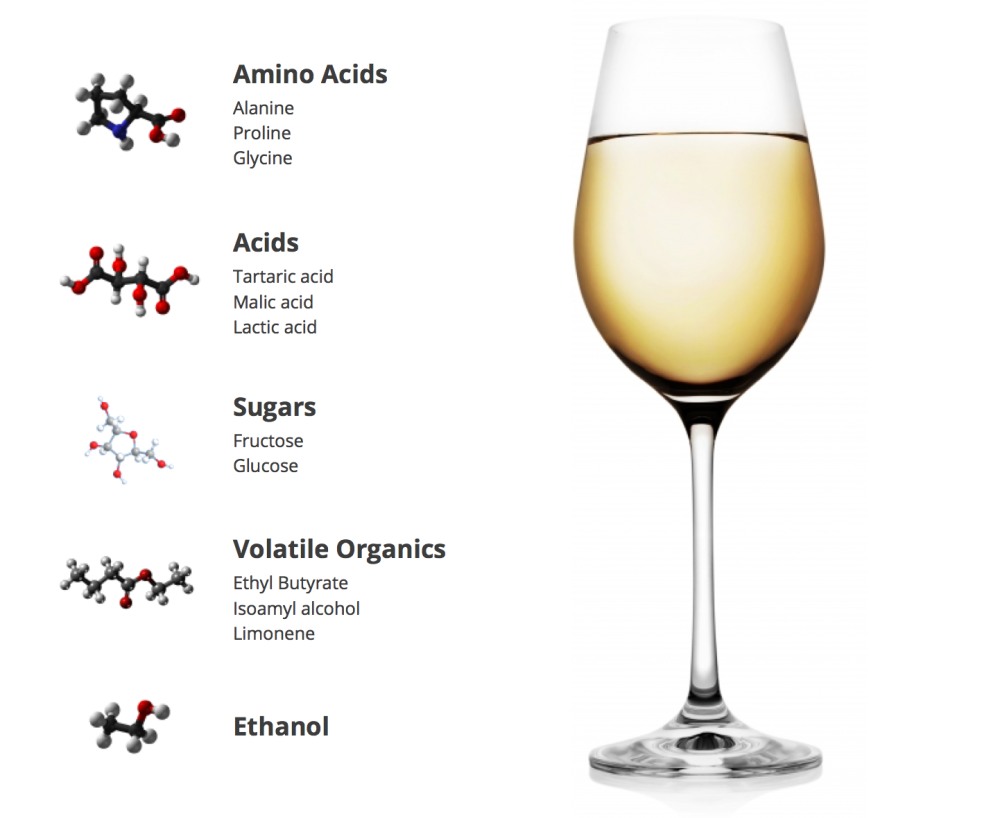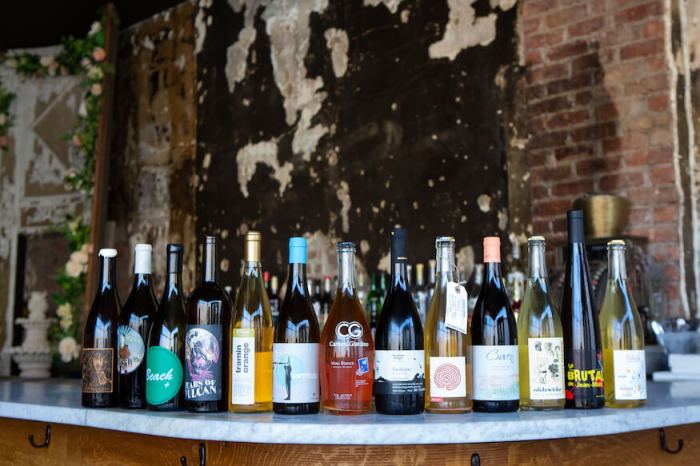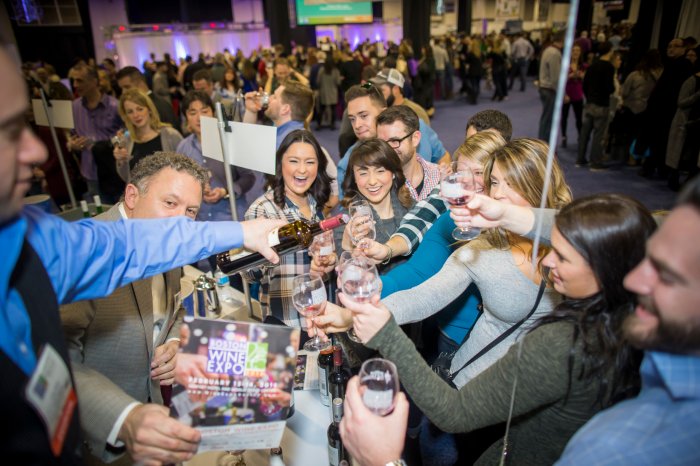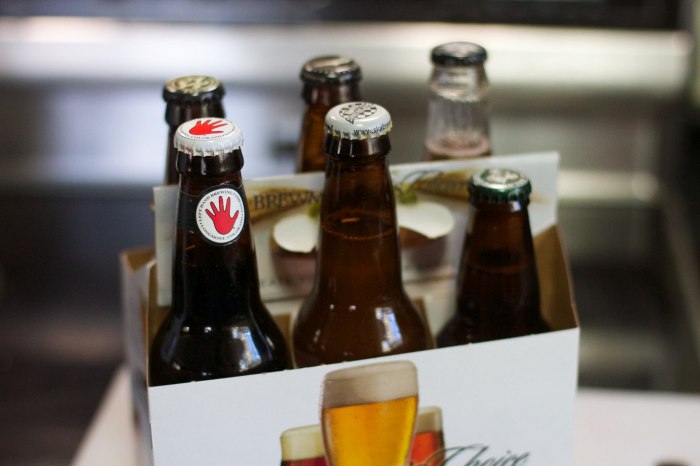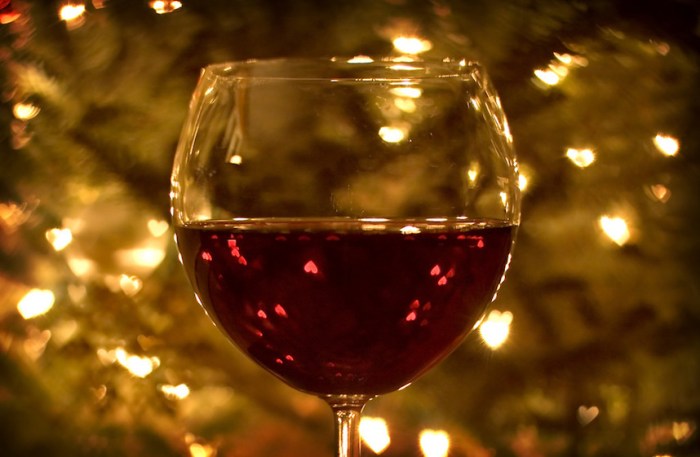It is the miracle that we’ve all been waiting for: water really can be turned into wine.
Wine experts from San Francisco claim that they can make synthetic wine in just 15 minutes without using any grapes. Mardonn Chua and Alec Lee produce their vino by combining water and ethanol with flavor compounds to create booze that mimics the taste of really expensive wine. The San Francisco startup called Ava Winery sells, for example, a replica version of 1992 Dom Pérignon champagne for $50, while the real deal would cost $200. Lee explains why we’ll all be raising a glass to synthetic wine. RELATED:Gin: the spirit of youth How did you come up with the idea to create grape-free wine?
– Mardonn was on a winery tour in Napa Valley when he came across the wine that won the Judgment of Paris competition 40 years ago (1973 Chateau Montelena Chardonnay). There are only a few bottles left today and the last one sold for more than $11,000 which was far outside his reach. He thought: “If wine is nothing more than its chemistry, could we analyze its complete molecular profile and recreate it from scratch?” That’s how we started working on the idea of taking the great vintages of wine and recreating them in a way that would be accessible to all. So, you created it for money saving reasons?
– There are a few reasons why we want to do this: part of it is the ability to enhance the appreciation of great wines in the same way that reprints of great paintings enhance people’s appreciation of the original. Another reason is that we see ourselves at the frontier of the food technology revolution where a number of other startups are inventing new methods of producing foods that are cheaper, more reliable, more sustainable, and in many cases more ethical. We want to show that highly engineered foods can be just as good if not better than the original, and wine is a culturally significant category for us to disrupt.

